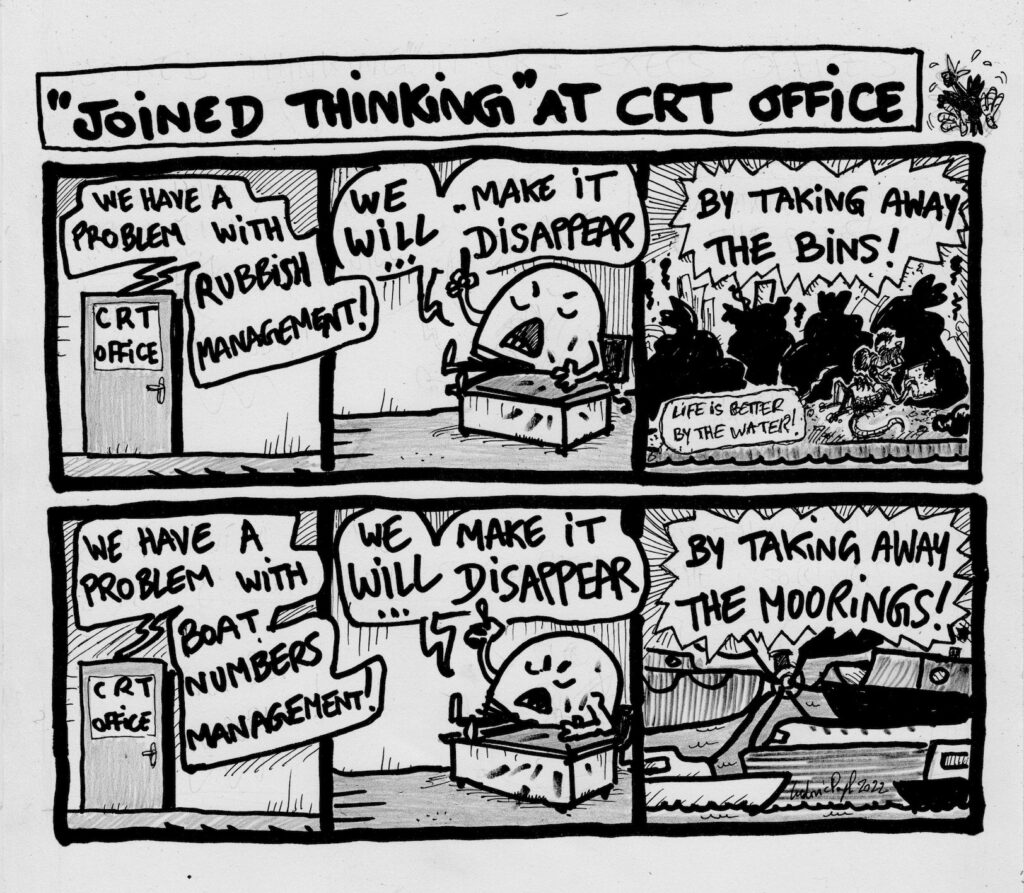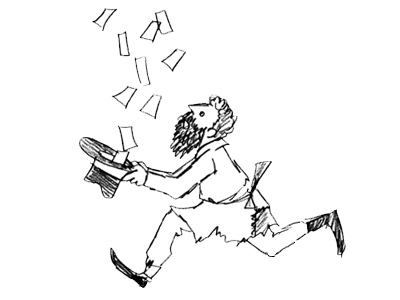With each passing day, we’re witnessing the acceleration of the global far-right resurgence, a modern incarnation of #fascism, adapted to our times. This #neofascism wears the mask of democracy, claiming legitimacy through hollow elections, while quietly dismantling political freedoms. It thrives on the wreckage of #neoliberalism and the crises this mess has left and unleashed, feeding on fear, resentment, and social breakdown.
The growing number of neofascist regimes around the world may lack the overt military displays of the past, but their violence is no less real. It simmers beneath the surface, ready to erupt when they feel threatened and is needed. And unlike the old fascism’s obsession with state control, this new version embraces the worst of #neoliberalism, surrendering public welfare to private greed, while doubling down on nationalism, racism, and hostility to any form of collective humanistic liberation.
With escalating #climatechaos pushing systemic social collapse, this is not just a political threat but an existential one. These forces are accelerating our collective destruction, blocking meaningful environmental action, and fuelling division at precisely the moment we need solidarity just to survive, let along flourish.
So where is the path out of this mess? The answer isn’t found in bunkers or prepper fantasies, survival in the face of collapse requires cooperation, not isolation. And it certainly won’t come from the #dotcons or the #NGO complex, which are too entangled with the systems they claim to resist. From my expirence, a step on the needed path is composting the crisis by reclaiming the #openweb.
We need to build a grassroots counterforce, grounded in the principles of the #4opens, to cultivate digital and physical spaces of resistance. The #openweb offers us a framework for doing this, a messy, imperfect garden where we plant alternatives and nurture them with care. But it only grows if people use it. We need joined-up thinking, not the fractured, piecemeal approach of the #fashernista crowd. We need people to commit to using and building tools outside the corporate silos, even when it’s inconvenient. Because in the end our communities are all that matters, in the end every click, every post, every conversation shapes the landscape we inhabit.
Muscular Liberalism by #AI – Trump vs Zelensky by @nimayndoleaux
It’s pastime to move, don’t ask, just do it, please don’t wait for permission or perfect conditions. Pick up a shovel and start composting the current mess. Rebuild local networks, create spaces for collective storytelling, and amplify voices that push back against #neofascist narratives. Use tools like the #OMN to link these efforts together into a larger ecosystem of resistance.
The fascist wave may be rising, but history shows us that these forces can be stopped, not by isolated individuals, but by collective movements. The seeds of this change and challenge are already in our hands. The question is whether we have the courage to plant them.
#4opens #OMN #DIY #ClimateResistance #NoPasaran





